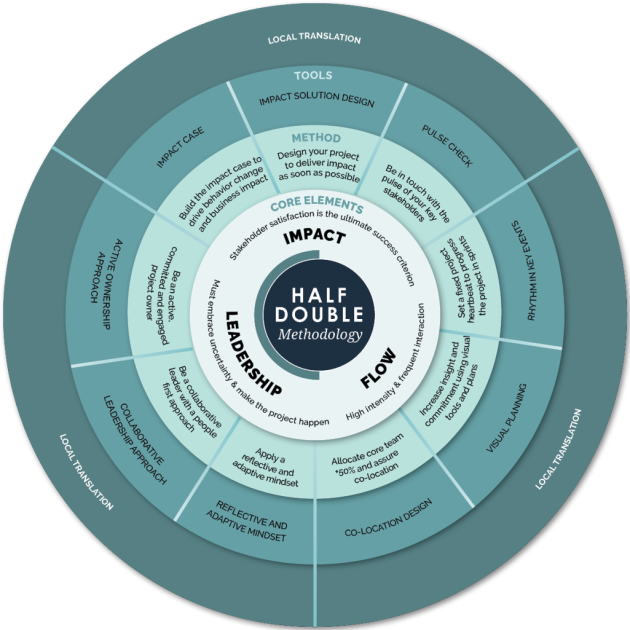Unlocking Success: The Benefits of Project Management Certifications
Project management is a cornerstone of today's professional landscape. For project managers, of course, but also for people with other specialisations, as projects are everywhere in today's business environment. Therefore, highlighting project management skills and project management certifications on your CV will strengthen your market value.
Being a certified and experienced project manager not only highlights your ability to effectively apply your own expertise to achieve project goals, but also demonstrates your ability to organise and maximise team members' contributions. This cumulative effect is crucial as organisations increasingly prioritise people who are able to manage projects to successful outcomes.
Project management has traditionally been considered a skill acquired through hands-on experience, but with the advent of certification programmes, it has evolved into a formalised discipline. While experiential learning is still invaluable, a certification in project management can boost project performance to higher levels, provided you choose the certification that best suits your career path.
In this article, we dive into the myriad benefits that project management certifications provide and explain why they have become indispensable assets for both individual project managers and the organisations they serve in today's dynamic business landscape.
Why invest in a project management certification?
Investing in a project management certification is a strategic move with benefits for both individuals and organisations. Firstly, a certification provides training in project management methodologies, tools and best practices, equipping professionals with the knowledge and skills useful to navigate complex project landscapes with confidence and skill. Furthermore, certifications serve as tangible proof of your commitment to professional development and mastery of project management principles, strengthening your credibility and marketability in the competitive job market; more an more job ads include project management certifications as prerequisite or an advantage.
For organisations, having certified project managers on board also means that projects are often more successful, team collaboration improves and ultimately, profitability increases. Essentially, the decision to pursue a project management certification is an investment in both personal and professional growth that offers a significant return on investment for both individuals and organisations.
How to become a certified project manager
Becoming a certified project manager is a journey that requires research, preparation and a clear roadmap. The first step is to figure out which project management certification fits your career goals and ambitions. If you're already working in project management, you probably have an idea of what frameworks might be useful for you and whether you prefer a traditional or agile approach, or perhaps a hybrid like Half Double Methodology.
You can explore different certification options such as PMP, PRINCE2, Six Sigma and Half Double and choose the one that best suits your needs and industry requirements. Once you've selected a certification, familiarise yourself with its eligibility criteria, exam format and study resources. We recommend enrolling in an accredited training programme to acquire the necessary knowledge and skills. Set aside sufficient time for exam preparation, practicing test questions and reviewing key concepts.
We know from experience that it's a good idea to schedule the exam as soon as possible after the training; this is when you have everything you've learned fresh in your mind and are motivated to obtain your certification.
If you're reading this, you're most likely ready to embark on becoming a certified project manager and open up new opportunities for career advancement and professional growth.
If you decide to take a Half Double certification at an approved training organization, you can be sure that the training gives you the best foundation for the following exam. Training providers that can teach Half Double are accredited by APMG.






